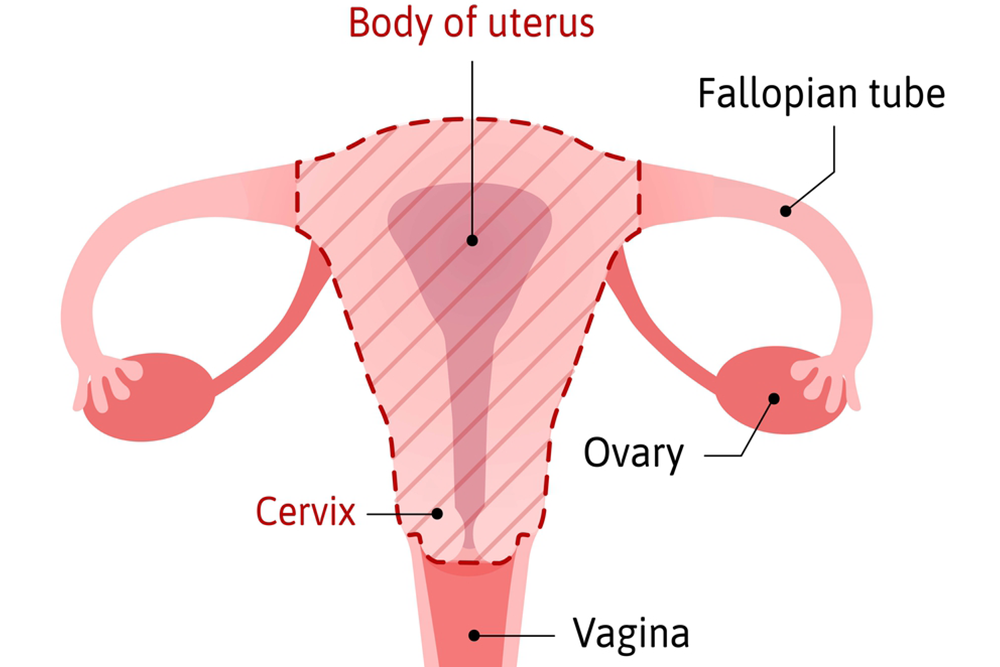
Understanding Your Mammogram Results
Interpreting mammogram results can be an emotional and confusing process for many women. These results...
Read MoreExercise may be an efficient way for obese pregnant women to lower their risk of diabetes, dangerously high blood pressure and other complications, research suggests.
As reported at the 37th annual meeting of the Society for Maternal-Fetal Medicine in San Diego, California, Savitsky and her team analyzed previously published research on the effect of exercise on pregnant women with a body mass index (BMI) of at least 30.
The normal range for BMI – a ratio of weight to height – is 18.5 to 24.9; a BMI of 30 or more indicates obesity.
They calculated that for every one million such women, there would be 38,176 cases of a dangerous pregnancy-related blood pressure problem known as preeclampsia among those who exercised, compared to 113,000 cases among those who didn’t exercise.
Exercise would also be linked to a decrease in so-called gestational diabetes, with a rate of 195,520 per million among exercisers compared to 305,500 among non-exercisers, according to their calculations.
Likewise, they estimated, for every million obese pregnant women the preterm birth rate would drop from 105,059 to 90,923 with exercise, the maternal death rate would fall from 90 to 70 and the neonatal death rate would drop from 1,932 to 1,795.
The effects of exercise may be even more beneficial than the study suggests.
Women who are not obese may benefit as well. The researchers applied their model to women with a normal BMI of 18.5 – 24.9 and found similar improvements in outcomes among those who exercise.
One trial that the study drew from looked at 765 women randomized to an exercise group or a control group. “We showed that women who do not exercise are three times more likely to develop (high blood pressure), 1.5 times more likely to gain excessive weight and 2.5 times more likely to give birth to a large infant,” said Michelle Mottola of Western University in London, Ontario, Canada, who was involved in the randomized trial.
With the obesity epidemic looming in our society, perhaps we should be turning our attention to prevention of disease. It does not seem to be too late even for obese pregnant women to engage in lifestyle change that may substantially reduce health care costs.
The current study was not designed to develop specific exercise guidelines for obese pregnant women; these women should consult their obstetricians for guidance. In the meantime, the American College of Obstetricians and Gynecologists advises obese pregnant women to “start with low-intensity, short periods of exercise and gradually increase as able.”




Interpreting mammogram results can be an emotional and confusing process for many women. These results...
Read More
Hysterectomy, a surgical procedure involving the removal of the uterus, is often considered a last...
Read More
Menopause marks a significant transition in a woman's life, bringing about various changes that can...
Read More